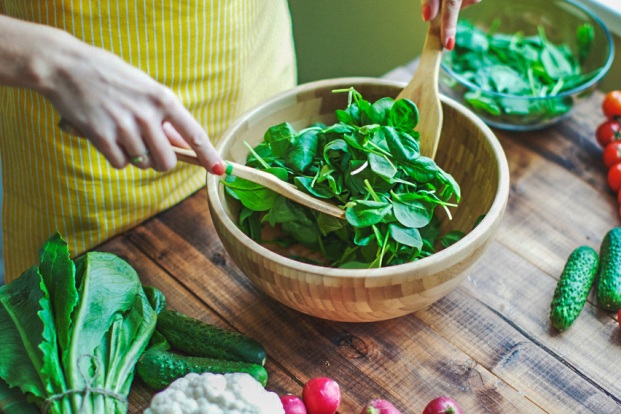Healthy Eating When You Have Digestive Problems
Apr 19, 2022
The gut is the main organ which has a host of microbes that affect your physiology and keep your body and brain function as they should. It is the most vital organ for the survival of a human.

Digestive problems such as gas, indigestion, pain, cramping, burning, motility changes and a host of other complaints are common.
Positive bacteria are often called healthy “gut bugs.”
When it comes to maintaining your stomach at its healthiest level, nothing is more important than what you eat and drink to ensure good health of your gut.
While people tend to go high on protein consumption, they give little/less importance to adequate intake of fiber which helps keep their gut and stomach healthy. Fiber feeds the good bacteria in the stomach thereby maintaining good stomach health.
It has also been found that, soluble fiber helps in lowering blood glucose levels and LDL cholesterol. One should chew food slowly and thoroughly to let the process of proper digestion happen.
Every second person is suffering from some type of digestive disorder – irritable bowel syndrome, bloating, constipation, Diarrhea, heartburn, reflux, gas and other diseases.
Your body’s second brain – your gut’s nervous system. Our gut has more neurotransmitters than the brain. They make our stomach function accordingly to what we eat.
GRAINS
Multigrain breads, cereals and crackers
Rice (brown or wild)
Whole wheat pasta
Bananas are also heavy in potassium and magnesium, which can aid against inflammation. They also reduce bloating and help support release of excess weight.
Eat apples raw as a snack. Apple eaten every day keeps your gut and stomach issues solved.
Fiber is found in whole grains, beans, legumes, whole fruits and veggies & Chia seeds
Green Leafy Vegetables like Broccoli, asparagus, seaweed, spinach & methi
For roughage consume pumpkin seeds, flaxseed
Fruits like bananas & apples








